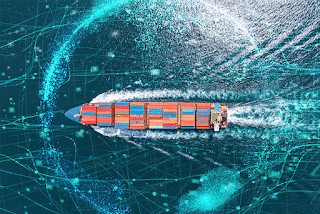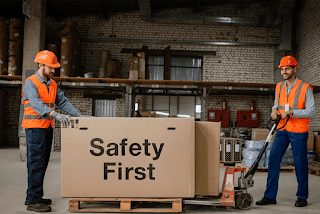Blockchain in logistics: Enhancing transparency and security

At its core, blockchain is a decentralized, distributed ledger that records transactions across a network of computers in a secure and transparent manner. Traditionally associated with cryptocurrencies like Bitcoin, the technology's potential extends far beyond finance, finding a natural home in logistics. The decentralized nature of blockchain promises to bring unprecedented levels of trust and efficiency to the often complex and opaque logistics processes. One of the key challenges in the logistics industry has been the ability to trace the journey of goods from manufacturer to consumer accurately. Traditional systems often involve multiple intermediaries and centralized databases, leading to inefficiencies, delays, and increased susceptibility to fraud or errors. Blockchain has the potential to revolutionize this by providing a single, immutable source of truth accessible to all authorized participants. One of the primary advantages of blockchain in logistics is its ability








